
RETINOL VS RETINOID: DOES IT REALLY MATTER WHICH ONE YOU USE?
When trying to attain flawless skin, there are a variety of solutions and medications you might try. Whether you are trying to reduce fine lines, banish acne, or exfoliate your skin, you might be considering retinol vs retinoid.
You might be confused about the difference between the two of them as well as how to use them – many people are! Here is the lowdown on why you might need retinol vs retinoid, which to choose, and how to use them.
UNDERSTANDING RETINOL AND RETINOID
Both types of products are derived from Vitamin A. They both help increase the level of cell turnover in your skin, which means that you will shed dead skin cells more frequently and will end up with a new layer of epidermal skin.
This can make your skin look younger and fresher. It also helps you combat acne as your skin rejuvenates and refreshes itself. Retinol is an ingredient found in over-the-counter skin treatments, and some retinoids can only be obtained with a prescription.
Retinol is a type of retinoid, but not all retinoids are retinols. Confusing? You can think of the term retinoid as a sort of umbrella that includes retinol. It also includes other Vitamin A derivatives that are stronger (and more expensive and more likely to come with some side effects).
DIFFERENCES BETWEEN RETINOL VS RETINOID
If you are purchasing a Vitamin A skincare product at your local pharmacy or beauty store, it is made with retinol. We know this because more potent retinoids are not available over the counter. These retinol products are usually well-tolerated.
They might cause some dryness or a bit of irritation, but they also usually contain moisturizers and hydrating ingredients to help prevent the extra dryness. A doctor, such as a dermatologist, will be able to prescribe stronger retinoid treatments.
These are more likely to cause dryness and inflammation, which is why they require a doctor’s prescription. They are also more likely to be able to control severe acne or to counteract the signs of aging.
WHO SHOULD NOT USE RETINOL OR RETINOID?
There are a few people who might find that retinoids and even OTC retinol are too strong or not safe. If you have very sensitive skin, for example, you might find them to be too drying and irritating. In this case, you can look for the mildest retinol product that contains ceramides and other hydrating ingredients. If that is still too strong, you might need an alternative product.
People who are pregnant or breastfeeding should also not use retinol or retinoid treatments. As with any medication, anything you take while pregnant or nursing should only be used if the benefit clearly exceeds the risk to you and your fetus or baby.
Talk to your dermatologist and your OB/GYN if you are pregnant or breastfeeding and need acne treatment; they will be able to help you find something that is safe to take during this time. If you have eczema or rosacea, you might be at an increased risk of developing irritation or a flare-up of your condition if you use a retinoid or retinol.
Again, this is something to talk to your dermatologist about. Note that if you have some irritation, itching, peeling, or burning after using a Vitamin A derivative treatment, that doesn’t necessarily mean that you can’t use it at all. You might be able to find one that is gentler or that contains ingredients that will offset the drying nature of the product.
HOW TO USE RETINOL AND RETINOID PRODUCTS
Both of these types of products are used the same way. Because they can cause sensitivity to the sun, it’s best to use them at night. Simply wash your face, apply the product, then apply a moisturizer or another product that will hydrate your skin without interfering with the retinoid product.
Note that alpha hydroxy acids (AHAs) can make the ingredient less effective, so you should not layer them or use them at the same time. If it is your first time using a retinol product or you have not used one in a long time, it is a good idea to start off slowly. Use just a small amount one night and then wait a few nights before using it again.
You can gradually increase the amount you use as well as the frequency, so you are using it every other day or so. During the day, be sure to wear sunscreen, since Vitamin A makes you more apt to burn. Look for a moisturizer that contains an SPF 30, so you do not forget to use it every day, even for short walks out to get the mail or to walk from the car to your office.
OTHER WAYS TO TREAT ACNE
If you are using retinol for your acne and it’s too harsh for your skin even after using only a pea-sized amount and increasing your usage gradually, you can find other ways to treat it that won’t be as strong. First, be sure that you are washing your face with a gentle cleanser twice per day, morning, and evening.
Just use your fingers, not a washcloth, as a washcloth can be rough on sensitive skin. You can use a product with salicylic acid; this is less potent than retinol products. Start by using it just once per day (usually at night) and using a regular cleanser in the morning. Pat (do not rub) dry with a soft towel.
Also, don’t skip the moisturizer. If you have oily skin, look for a product that is made for oily skin and that will not clog your pores. During the day, use a moisturizer with an SPF so you do not get sunburn on top of your sensitive skin and acne.
If over-the-counter remedies and good hygiene are not helping your acne, see your family doctor or ask for a referral to see a dermatologist. Your doctor will have suggestions that can help you overcome acne without having to deal with the irritation or burning that comes from using a product that might be too strong for your sensitive skin.
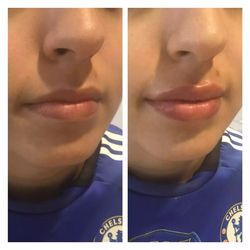 None
None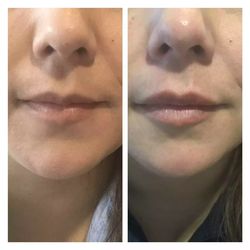 None
None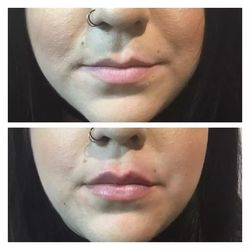 None
None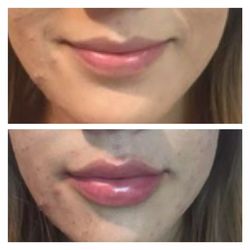 None
None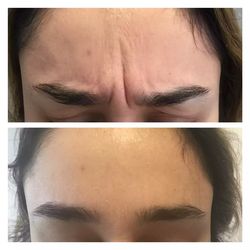 None
None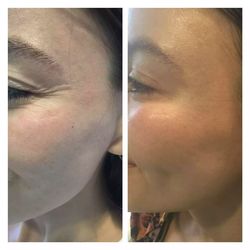 None
None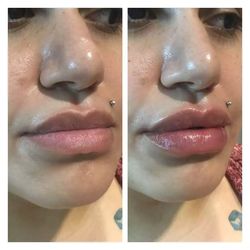 None
None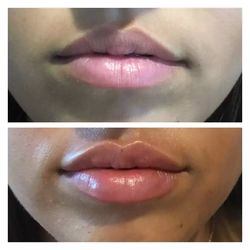 None
None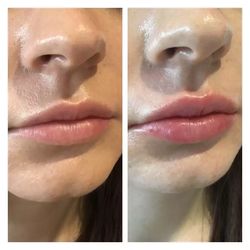 None
None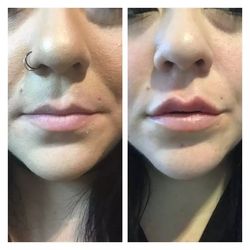 None
None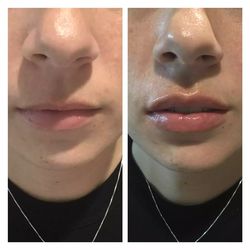 None
None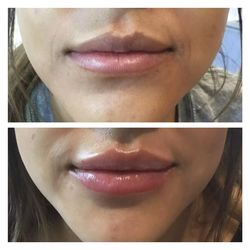 None
None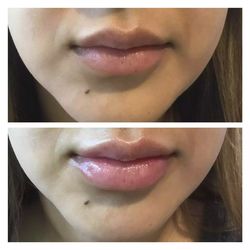 None
None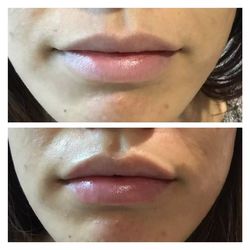 None
None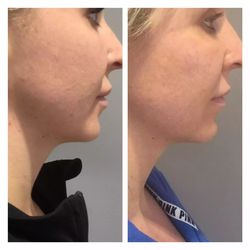 None
None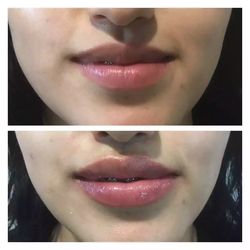 None
None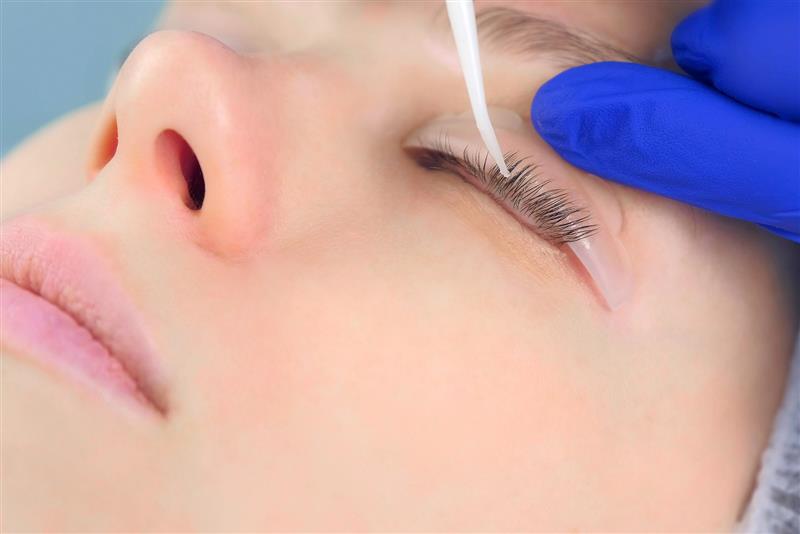

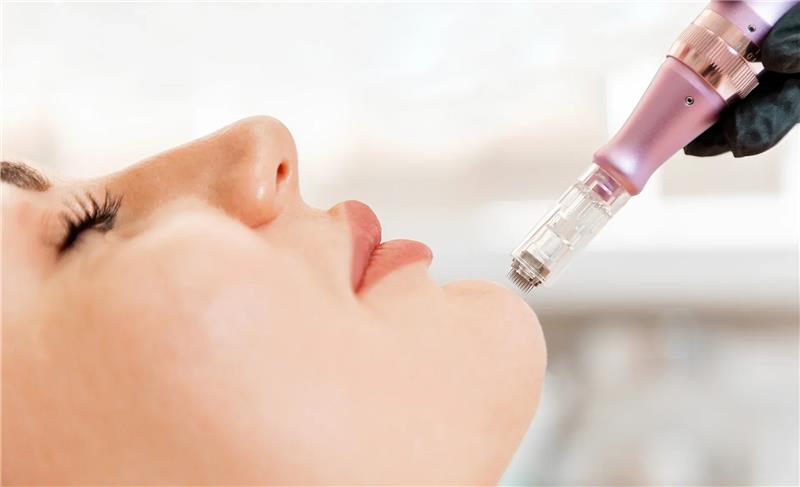
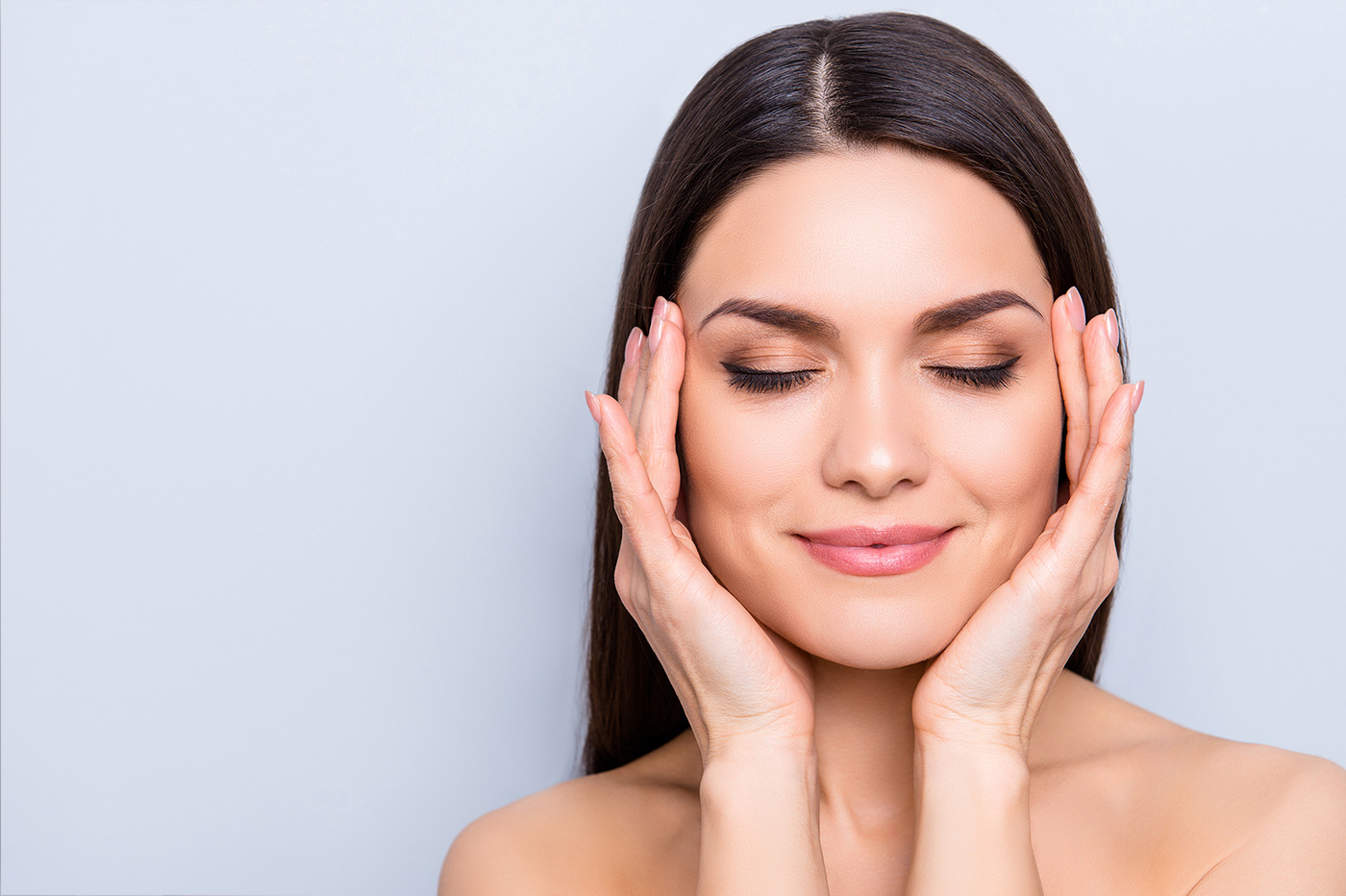
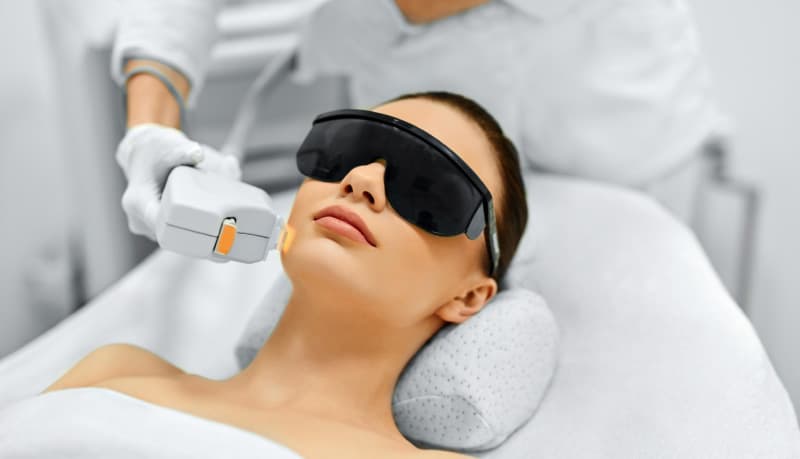
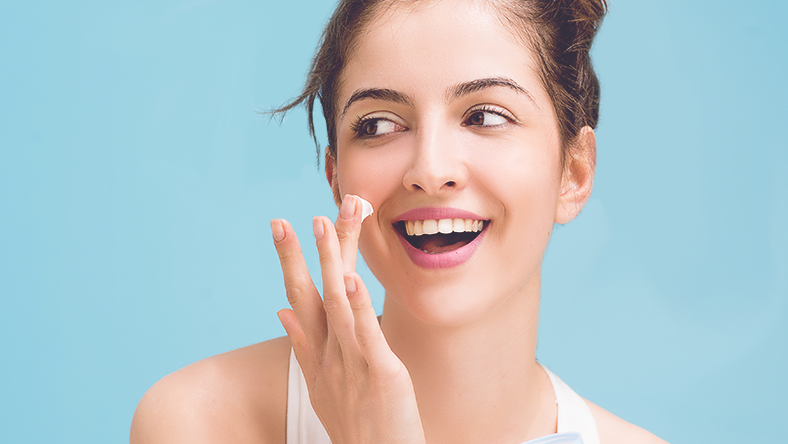

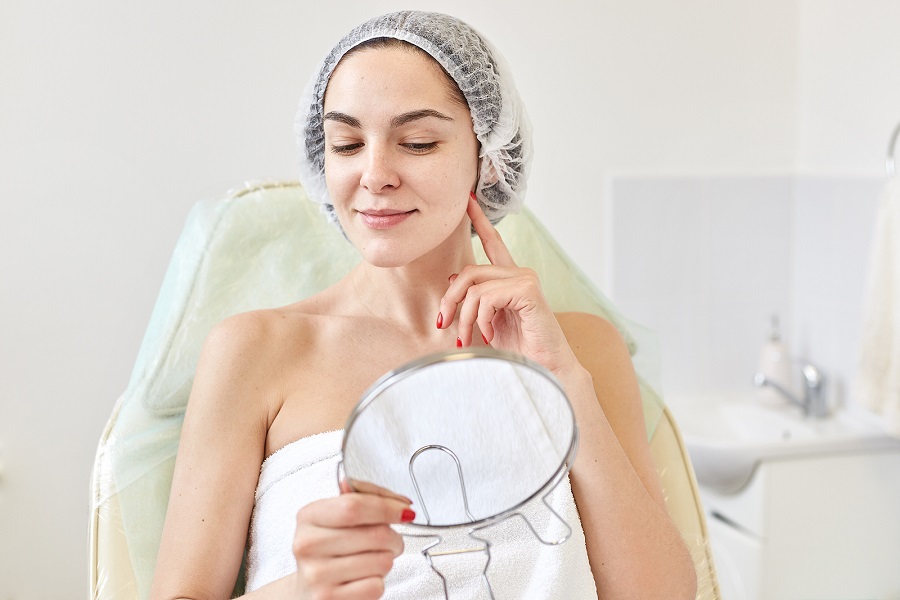






0 comments